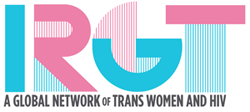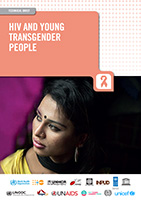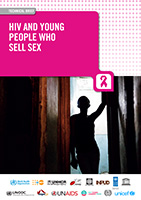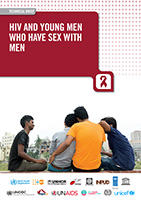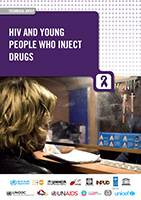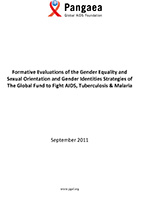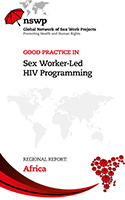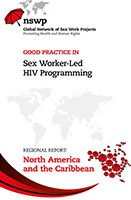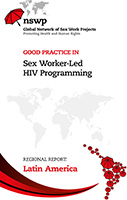
This brief, one of four in a series, aims to catalyse and inform discussions about how best to provide health services, programmes, and support for young transgender people. It offers a concise account of current knowledge concerning the HIV risk and vulnerability of young transgender people; the barriers and constraints they face to appropriate services; examples of programmes that may work well in addressing their needs and rights; and approaches and considerations for providing services that both draw upon and build the strengths, competencies and capacities of young transgender people.
Year of publication:
2015
Media:
